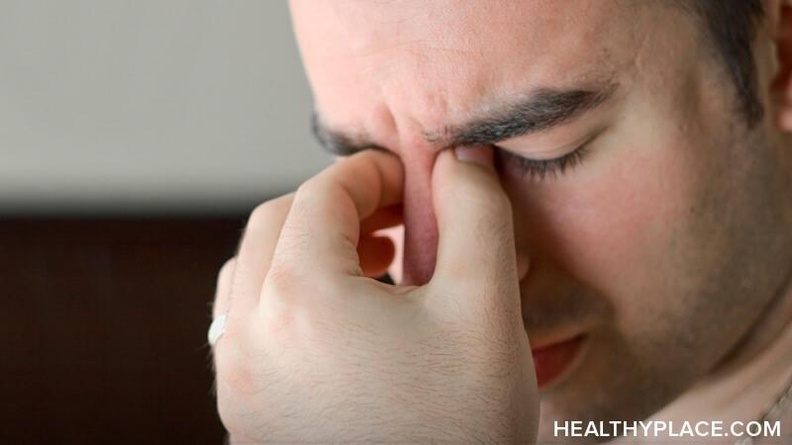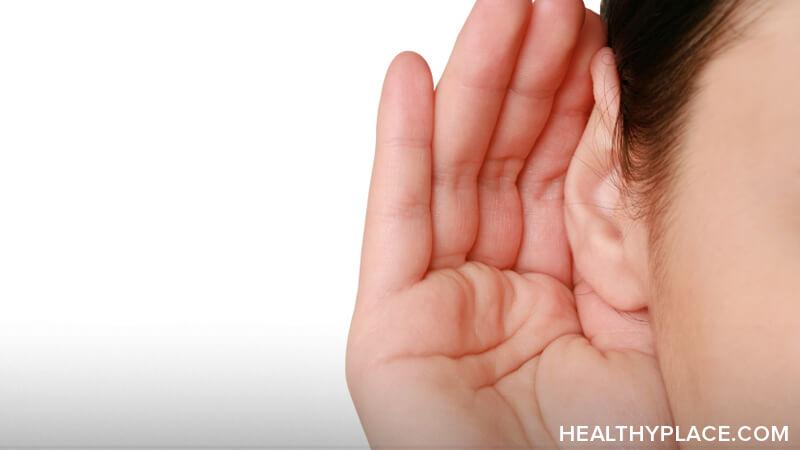Lack of Assertiveness in Relationships

Lack of assertiveness affects relationships and often leads to the person not getting what they want. Learn about assertiveness and how to develop assertiveness skills.
Introduction
Many people find it difficult to express their feelings honestly and openly because they lack assertiveness. This can become a problem when building a relationship or communicating with friends, family members, and co-workers.
What is Assertiveness?
Assertiveness is the ability to express your feelings, opinions, beliefs, and needs directly, openly and honestly, while not violating the personal rights of others. Assertiveness does not in any way means being aggressive. Aggressive behavior is self-enhancing at the expense of others. It does not take other individual's rights into consideration.
What Assertiveness is Not
Many people seem to confuse assertive behavior with aggression. Aggression is self-enhancing behavior at the expense of others. Your friends' and associates' feelings are ignored, violated and not taken into consideration when interacting with them. Furthermore, as a result of aggressive behavior, they feel hurt, humiliated, angry, and revengeful.
What Will Assertiveness Do for You?
- Develop your communication skills.
- Allow you to feel self-confident.
- Increase your self-esteem.
- Help you to gain the respect of others.
- Improve your decision-making ability.
How to Develop Assertiveness Skills
- Be direct, honest, and open about your feelings, opinions and needs. State reasonable requests directly and firmly. State your goals or intentions in a direct and honest manner. State your point of view without being hesitant or apologetic. Being responsible for your own behavior will let you feel good about yourself.
- Do not let your friends, fellow employees, classmates, etc. impose or force their behaviors, values and ideas on you. Instead , let them know what you think, feel and want.
- Be honest when giving and receiving compliments. Never put down a compliment and don't feel you must return one.
- Learn to say no to unreasonable requests. Use the word "no" and offer an explanation if you choose to. Do not apologize and do not make up excuses. Paraphrase the other person's point of view. This will let he/she know that you hear and understand the request.
- Avoid "why" questions. " Why" questions allows the listener to be defensive.
- Recognize and respect the rights of your friends, co-workers, etc. For example if you are upset with them use "I" and "we" statements to express your feelings, instead of blaming and finger pointing "you" statements.
- When communicating with others use an appropriate tone of voice and body posture. Maintain eye contact. Tone of voice should be appropriate to the situation. Stand or sit at a comfortable distance from the other person. Gestures can be used to emphasize what is being said and the word "I" and "we" should be used in statements to convey your feelings. For example, it is more appropriate to say "I am very disappointed that you didn't show up as planned", instead of saying, "Man, you are a jerk".
- Ask for feedback.
APA Reference
Staff, H.
(2021, December 4). Lack of Assertiveness in Relationships, HealthyPlace. Retrieved
on 2025, May 24 from https://www.healthyplace.com/relationships/communicating/lack-of-assertiveness-in-relationships








